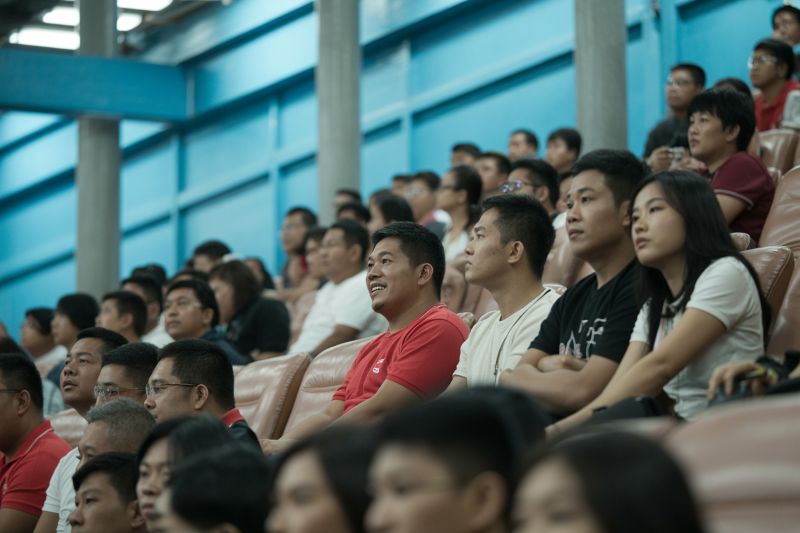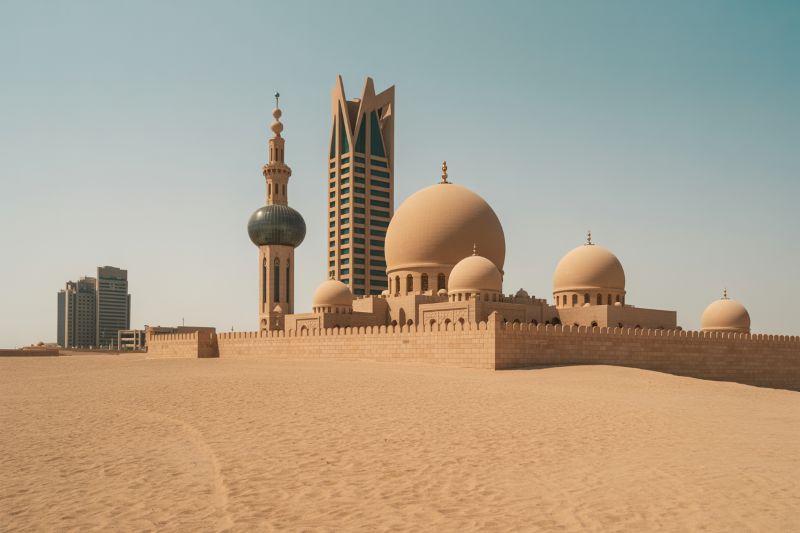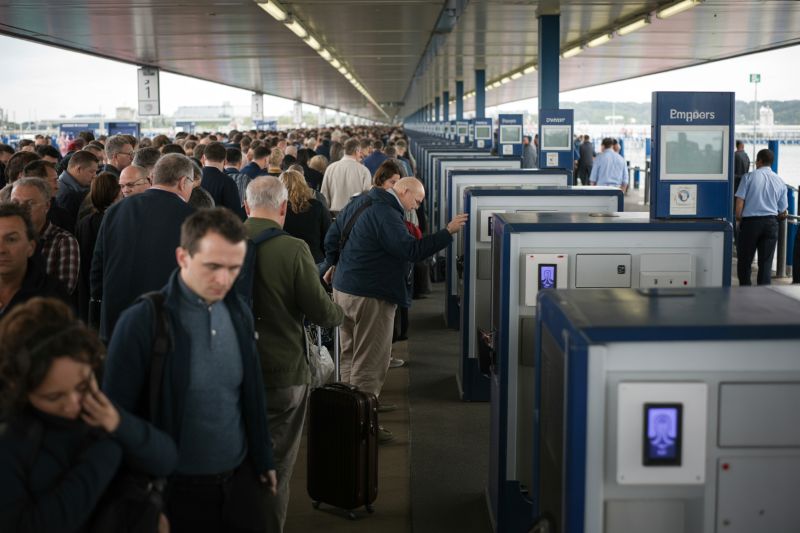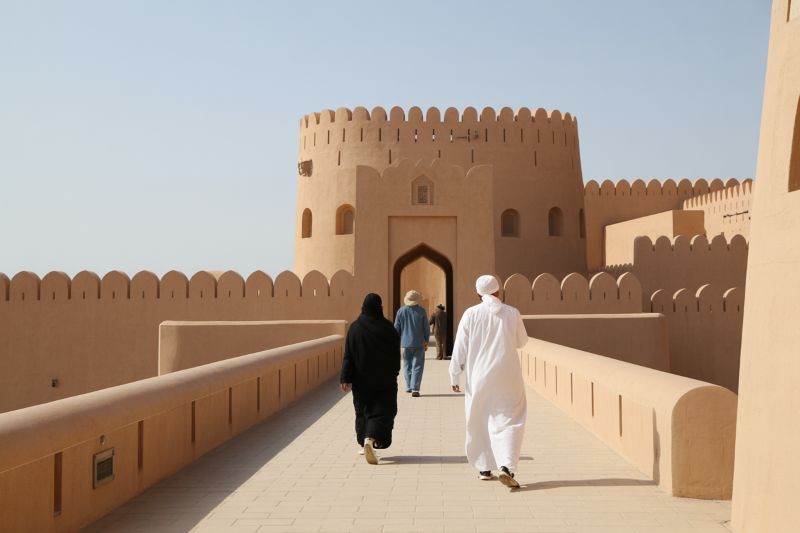Manila Leads New Sports Tourism Committee to Position the Philippines as a Global Sports Hub, Get the Details Here

The Philippine Sports Commission (PSC) will head the newly created National Sports Tourism Inter-Agency Committee (NST-IAC), which aims to reinforce the implementation of the country’s sports tourism initiatives. This new committee was created through Administrative Order No. 38 signed by the president Ferdinand “Bongbong” Marcos Jr. which seeks to integrate and manage all government initiatives relative to positioning the country as an Asia sports tourism destination.
As stated in the order, PSC Chairman Patrick “Pato” Gregorio will assume the role of chairperson and Tourism Secretary Christina Frasco will assume the role of vice chairperson. Additionally, members from the Department of the Interior and Local Government (DILG), Department of Budget and Management (DBM), Tourism Infrastructure and Enterprise Zone Authority (TIEZA), and Philippine Amusement and Gaming Corporation (PAGCOR) will be included as part of the committee.
Coordinating Government Efforts for Tourism Growth
The NST-IAC has been tasked with aligning the government’s sports and tourism policies to develop, promote, and sustain sports tourism as a contributor to national growth. Its formation reflects the Philippines’ recognition of sports as a powerful catalyst for economic development, community engagement, and international visibility.
The committee will coordinate efforts between government agencies, local government units (LGUs), and private sector stakeholders to organize, promote, and host major international sporting events in the Philippines. It will also identify strategic opportunities to bid for high-impact global tournaments, helping position the country as a premier destination for sports tourism in the Southeast Asian region.
Sports Tourism as an Economic Driver
The creation of the NST-IAC underscores the government’s vision to tap into the multi-billion-dollar global sports tourism industry, which includes everything from professional sporting events to adventure and recreational sports.
Hosting international competitions not only boosts the country’s image but also supports the tourism economy by attracting visitors who contribute to hotel occupancy, dining, transportation, and local business revenues. Sports tourism can also stimulate job creation and infrastructure development in cities beyond Metro Manila, dispersing economic benefits to the provinces.
Recent Global Events Strengthening the Philippines’ Reputation
The Philippines’ growing profile as a sports tourism destination has been shaped by its successful hosting of major global events. In 2023, the country co-hosted the FIBA Basketball World Cup, welcoming elite athletes and fans from around the world, including stars like Luka Doncic, Shai Gilgeous-Alexander, and Dennis Schroder.
In 2025, the Philippines staged the FIVB Men’s Volleyball World Championship, which brought together 32 national teams for two weeks of world-class competition, with Italy emerging as the champion. The event not only showcased the country’s hospitality but also demonstrated its logistical and organizational capabilities.
Later this year, the country is set to host the FIFA Women’s Futsal World Cup and the FIG Junior World Artistic Gymnastics Championships, further expanding its sports tourism calendar. These events highlight the Philippines’ ability to attract diverse international competitions and sustain year-round tourism through sports.
Building Infrastructure for Future Events
The NST-IAC’s mandate includes assessing and improving sports-related infrastructure across the country. Facilities such as stadiums, training centers, and arenas will be prioritized for upgrades to meet international standards, ensuring readiness for future global events.
The initiative also aligns with the Department of Tourism’s (DOT) long-term goal of diversifying travel experiences in the Philippines. Beyond beaches and heritage sites, sports tourism introduces a new dimension to the country’s tourism offerings, encouraging repeat visits and broader economic participation.
Collaboration Between Sports and Tourism Sectors
The inter-agency approach represents a collaborative model that brings together sports management and tourism promotion under one national strategy. By linking the PSC’s expertise in athlete and event development with the DOT’s marketing and infrastructure capabilities, the NST-IAC aims to create a unified system for event planning, funding, and promotion.
This partnership will also promote local sporting events and grassroots programs, encouraging participation in regional competitions that can feed into larger international opportunities. It supports the government’s broader agenda to use sports as a means to promote national unity, youth development, and healthy lifestyles.
Encouraging Local and Regional Tourism
Sports tourism is expected to stimulate domestic travel as Filipinos from various regions attend national and international tournaments. This movement of spectators, athletes, and media professionals will benefit regional economies, increase exposure for lesser-known destinations, and foster local pride.
Cities like Cebu, Davao, Clark, and Iloilo are expected to play larger roles as host venues, capitalizing on their airports, hotels, and hospitality services to support event tourism. These regional centers are already seeing investments in sports facilities, which could soon position them as regular hosts of international competitions.
Long-Term Impact on the Philippine Tourism Industry
By institutionalizing sports tourism through the NST-IAC, the Philippines seeks to create a sustainable tourism model that blends recreation, competition, and cultural exchange. The committee’s work will ensure that sporting events leave a lasting legacy through improved infrastructure, tourism promotion, and community engagement.
The initiative also aims to attract foreign investment and sponsorship, increasing the global competitiveness of Philippine sports while driving consistent visitor arrivals. In doing so, the Philippines hopes to position itself as Southeast Asia’s sports hub, much like Singapore and Malaysia.
A Vision for the Future
During the initial steps of NST-IAC, the primary objectives include developing strategic international partnerships, reinforcing the country’s bidding frameworks for large tournaments, and advocating for sustainability and inclusiveness in sports tourism initiatives.
The new committee’s coordination projects a longer-term vision regarding the Philippine Government’s intent to shift the country’s tourism blend with sports.
The new committee’s coordination projects a longer-term vision regarding the Philippine Government’s intent to shift the country’s tourism blend with sports. Furthermore, as the Philippines builds itself as a tourism and sports hub, the hosting of world-class tournaments and events becomes increasingly probable, welcoming thousands of athletes and tourists.
The post Manila Leads New Sports Tourism Committee to Position the Philippines as a Global Sports Hub, Get the Details Here appeared first on Travel And Tour World.













